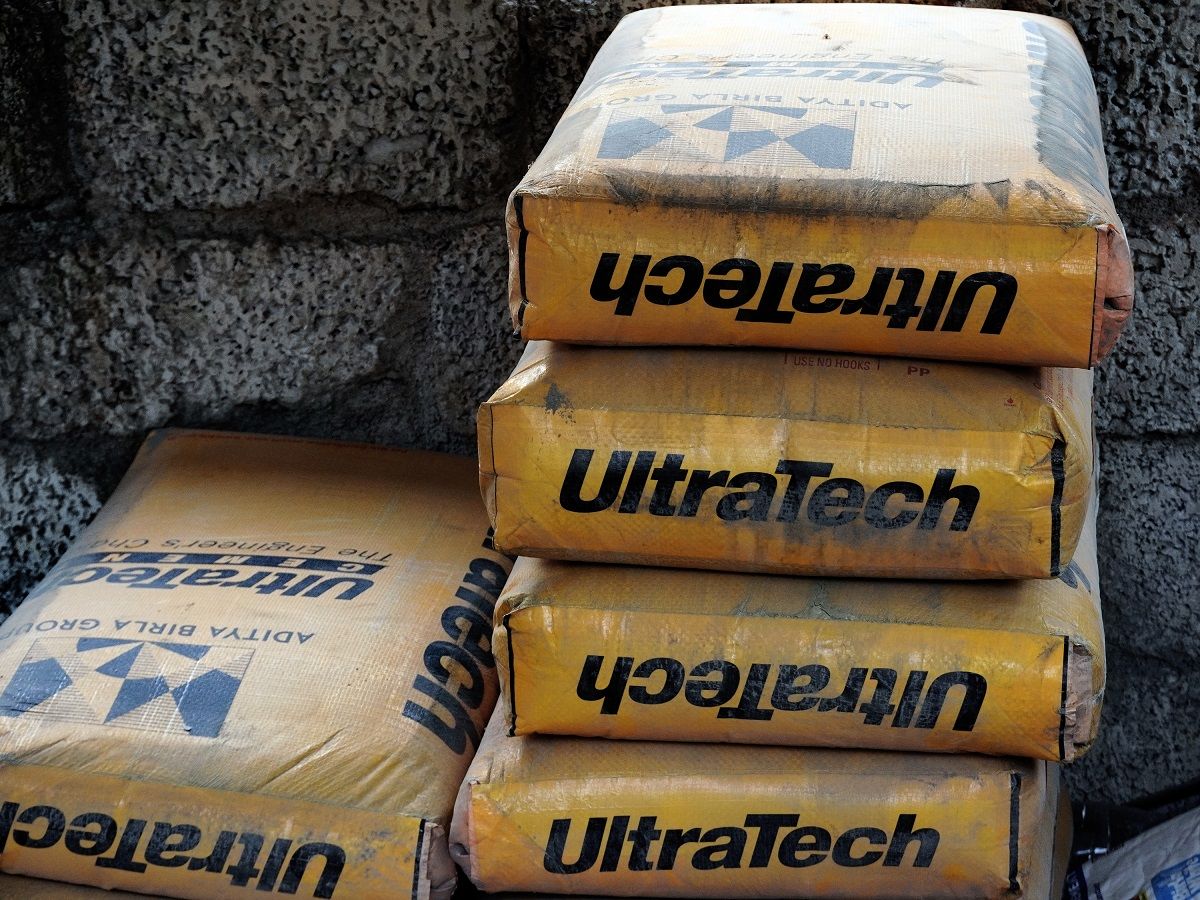The company, through its exchange filing, announced that the board of the Aditya Birla Group firm has approved the proposal to acquire the promoters’ 32.72% stake in India Cements at ₹390 per share. The deal size is ₹3,954 crore.
What does the deal mean for India’s cement industry?
The acquisition of a 32.7% stake in India Cements by UltraTech Cement for ₹3,954 crore is set to reshape the landscape of the Indian cement industry. UltraTech, under the Aditya Birla Group, is making a decisive move to strengthen its position as the country’s largest building materials maker, setting its sights on a capacity of 200 million tonnes by 2027, note analysts tracking the sector.
This deal signals consolidation in the industry and a move towards a duopoly market, which will drive innovation, greater competition and lead to improvements in margins and capacity utilisations.
Anirudh Garg, Partner and Fund Manager at Invasset, said, “This acquisition reflects a broader trend of consolidation within the cement industry, with major players like UltraTech and Adani Group aggressively expanding their influence. This move is expected to foster greater competition, drive innovation, and possibly stabilise prices, ultimately benefiting the industry and its stakeholders.”
Echoing similar views, Divam Sharma, Founder and Fund Manager at Green Portfolio, says that the cement sector has seen immense growth in the last few years, thanks to the government’s focus on infrastructure and its domino effect on the economy. “Everyone wants to gain that share of the pie, hence what we are seeing right now is the consolidation in the sector and a move towards duopoly,” Sharma adds.
The battle between India’s two big houses Aditya Birla Group via Ultratech Cement and Adanis via Amubja-ACC partnership has led to fierce competition. Though Ultratech is far ahead in terms of production, it is exploring all the avenues to widen the gap, therefore, the acquisition of India Cements.
Sharma adds that this is not the first and definitely not the last time we are seeing something like this. “We believe many small and big players in the market will move towards M&A spree and we will see improvements in margins and capacity utilisations, owing to healthy demand,” Sharma says.
India’s cement sector
The cement sector, as per analysts, is on track to mirror India’s GDP growth rate, which is estimated to be around 6.5% in FY25. Government schemes such as the Pradhan Mantri Awas Yojana (PMAY) for affordable housing and the PM Gati Shakti National Master Plan for infrastructure are helping the cement sector create demand, increase capacity, and increase FDI inflows.
India is the second-largest producer of cement in the world. As per India Brand Equity Foundation, it accounts for more than 8% of the global installed capacity.
In 2023, the market size of India’s cement industry reached 3.96 billion tonnes and is expected to touch 5.99 billion tonnes by 2032, exhibiting a compound annual growth rate (CAGR) of 4.7% during 2024-32.
India has a total of 210 large cement plants, of which 77 are in Andhra Pradesh, Rajasthan, and Tamil Nadu. Nearly 32% of India’s cement production capacity is based in South India, 20% in North India, 13% in Central, 15% in West India, and the remaining 20% is based in East India. India’s cement production reached 374.55 million tonnes in FY23, a growth rate of 6.83% year-on-year (YoY), the report adds.
What’s in it for India Cements’ shareholders and employees?
The acquisition is likely to bring fresh stability and growth prospects. Shareholders and employees of India Cements might find new opportunities and efficiencies under UltraTech’s management. “Over the last 25 years, India Cements’ share price has only increased fourfold, a modest growth compared to the 7-8 times rise in the price of a cement bag. UltraTech’s takeover might signify a shift towards a more business-centric approach, ensuring that the primary focus remains on growth and operational excellence,” Garg opines.
Here’s how cement stocks have fared on bourses
In comparison, the benchmark Nifty50 has risen by 26% in 12 months and 126% in five years.
Even as we witness the sectoral tailwinds in the cement sector, it’s important for investors to have a look at the historical valuations.
Bikram Gupta, a SEBI-registered research analyst at Northpull Capital, says in his analysis, “The 5-year average of the cement sector is around 3.5x book. Currently, the cement sector is trading around 5x book (trailing). The threat of mean reversion will always loom large, and thus the margin of safety is extremely important wherever there are bullish sentiments.”
Investors must be wary of paying too much for growth. It will be very critical to evaluate what kind of growth is already priced in at the current valuations, the analyst adds.
Mean reversion is a key financial concept that relies on the fact that asset prices and returns eventually return to their long-term mean or average. In simple words, it denotes that extreme fluctuations in price—whether high or low—are likely to revert to their historical average over time.

